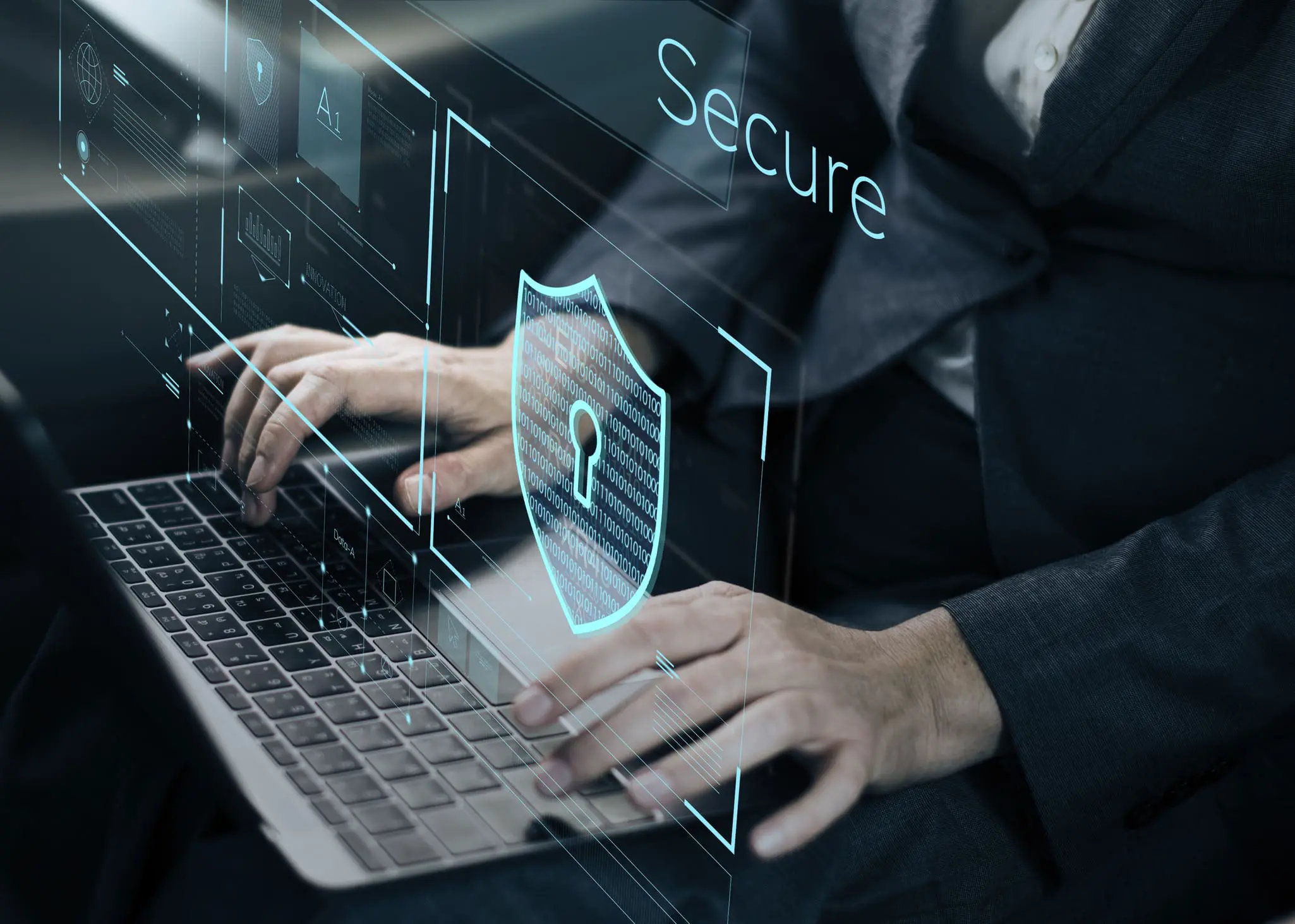Passwords are an essential part of protecting your personal information from cybercriminals. We all know that passwords can be a source of endless frustration in the digital world, and you’ve probably asked yourself, “do I really need to set a different password for each of my accounts?” Well, the short answer is yes.
Imagine that you are the ruler of a village, and your enemies are making their way to attack. Would you employ a single guard to protect every building and person across the land? No! You would send out an army of guards, each with a specific post to protect to increase your chances of a successful defense.
Your passwords work in the same way. Each of your online accounts needs its own unique password to ensure that your personal information is protected from potential attacks. If you reuse the same password for every account, all your personal information is at risk in an instant if that password is exposed by a cybercriminal seeking to infiltrate your accounts. Using an individual unique password for each account helps ensure that even if one password is exposed, your other accounts will remain protected.
In honor of World Password Day today, consider the following suggestions to help ensure that your passwords are successfully protecting your personal and confidential data from prying eyes.
Tips for Good Password Hygiene
Passwords vs Passphrases

Passphrases are a form of a password that is composed of a sentence or a combination of words. Often, passphrases can be more secure than normal passwords because they are longer yet easier to remember, reducing the likelihood that you will reuse the same password across multiple accounts for convenience.
In contrast to passwords, passphrases are often created by using random words or phrases that are significant to the user but would hold no meaning to any other person. An easy way to create a passphrase that is simple to remember, yet secure enough to protect your account, is to select three to four words that are relevant and significant to you.
It's recommended not to use common greetings that can be easily guessed by others, such as "LiveLaughLove," and instead use a phrase or words that would mean nothing to someone other than yourself. For example, on my desk I currently have a flag, mug, coffee, and a book, so an appropriate passphrase for me could be "FlagMugCoffeeBook".
While it may seem counterintuitive to use a series of random words for a credential, phrases like these are more memorable and far more secure than a password, which typically seeks security through a mix of numbers, special characters, and upper and lowercase letters.
According to an article from Impact Networking, "the benefit of passphrases is that they make it easier for a user to generate entropy and a lack of order—and thus more security—while still creating a memorable credential. Generating entropy through randomized characters can be difficult, but this also makes it more difficult to launch a cyberattack against you."
Password Managers

So, now that you have created strong and unique passphrases for each of your individual accounts, how are you supposed to remember them?
This is perhaps one of the main reasons why so many people commonly reuse passwords across multiple accounts. The truth is, unless you’re a robot or have a supernatural photographic memory, it’s probably going to be impossible to remember all your passwords without keeping track of them somewhere, and that’s okay!
Luckily for us non-robots, there are plenty of password managers out there that can help you keep track of your credentials for all your accounts in a safe and secure way.
Malwarebytes Labs defines a password manager as “a software application designed to store and manage online credentials. It also generates passwords. Usually, these passwords are stored in an encrypted database and locked behind a master password.”
This means that once you enter your account usernames and credentials into the secure vault, the only password you need to remember is that master password, and the password manager will do the rest for you!
For a list of the top-rated free password managers available in 2022, visit: https://www.pcworld.com/article/394076/best-free-password-managers.html.
Password Tips
- Refrain from reusing passwords on multiple sites and applications.
- Add multi-factor authentication whenever possible for an added layer of security.
- Update your passwords regularly.
- Don’t text or email your passwords to anyone.
- Do not create passwords based on your personal information or details, such as birthdays, names of family members, Social Security or phone numbers, etc.
- See if any of your passwords have been exposed by entering your email address at https://haveibeenpwned.com/
